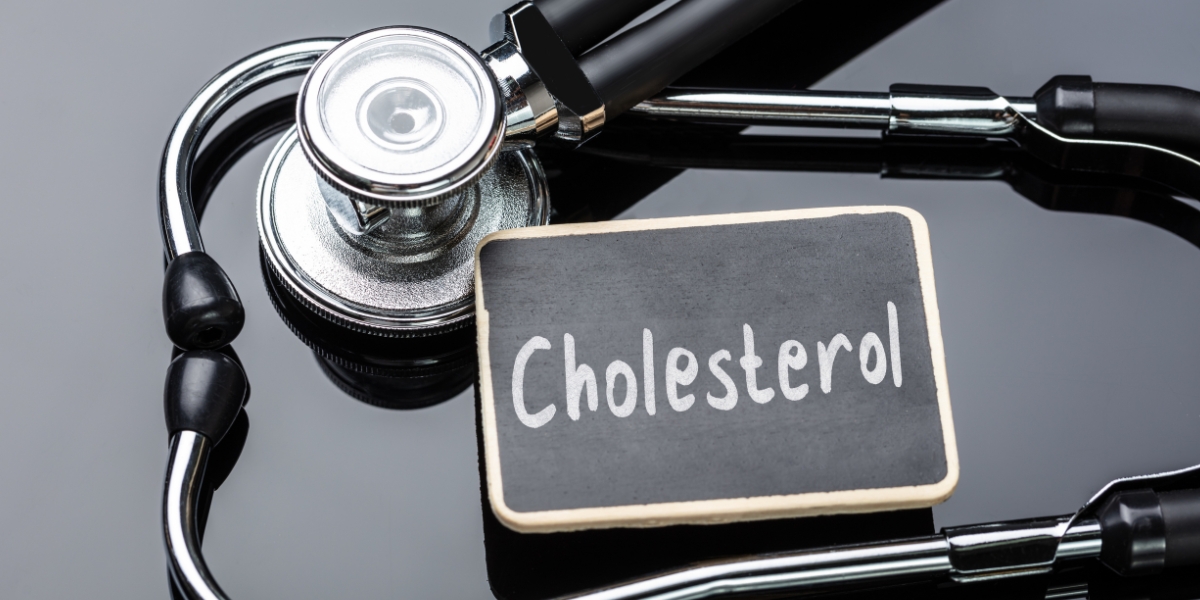Creation of 5 Delicious Chicken Curry Recipes, Perfect for Special Menus at Home
Discover various delicious chicken curry recipes and interesting variations to enjoy with your family.

Kapanlagi.com - Eid is synonymous with various delicious dishes, from chicken opor, rendang, to tempting sweet cakes. However, behind the deliciousness, excessive consumption of coconut and sweet foods can have a negative impact on health, especially for those with high cholesterol, hypertension, and diabetes.
Nutritionists remind us that foods high in saturated fats and sugars can increase bad cholesterol (LDL) levels and trigger spikes in blood sugar that are risky for diabetics. The effects may not be felt immediately, but if consumed continuously in large amounts, it can lead to serious health problems.
What is the impact of consuming coconut and sweet foods on health, and how can we control it? Check out the complete explanation below.
Coconut milk dishes such as chicken opor, rendang, and curry contain high levels of saturated fat, which, if consumed excessively, can raise cholesterol levels in the blood.
According to research, 300 ml of coconut milk contains about 51 grams of saturated fat, exceeding the recommended daily intake limit. If consumed without control, this can trigger the blockage of blood vessels (atherosclerosis), which poses a risk of heart disease and stroke.
Meanwhile, sweet foods like nastar, layered cake, and pudding contain simple sugars that can cause spikes in blood sugar levels, thus increasing the risk of diabetes and obesity. Therefore, it is very important to control the consumption of coconut milk and sweet foods during Eid.
"Weight can quickly increase due to the excessive caloric content of the food consumed," said health expert Dr. Ida Gunawan, M.S, Sp.GK, M.Kes (K), FINEM, referring to ANTARA.
One of the adverse effects of consuming coconut milk and high-sugar foods is an increase in blood pressure, especially for those who already have a history of hypertension.
The saturated fat in coconut milk can lead to plaque buildup in blood vessels, making the arteries stiff and increasing blood pressure. The same goes for foods high in sugar, which can cause damage to blood vessels and increase the risk of hypertension.
If left uncontrolled, this condition can increase the likelihood of heart attacks and strokes. Therefore, individuals with high blood pressure are advised to reduce their intake of coconut milk and sweet foods and to increase their fiber intake from fruits and vegetables.
Coconut milk can also disrupt the digestive system, especially for those with stomach issues such as acid reflux (GERD) or gastritis.
Coconut milk consumed in large amounts can increase stomach acid production, causing a burning sensation, nausea, and bloating. Additionally, coconut milk combined with sweet foods can accelerate fermentation in the intestines, triggering excessive gas and diarrhea.
To avoid digestive disturbances after Eid, it is recommended not to consume large amounts of coconut milk immediately after a month of fasting, and to balance it with adequate water intake and vegetables.
In addition to coconut milk, excessive consumption of sweet foods can also increase the risk of type 2 diabetes.
The high sugar content in Lebaran cakes such as kastengel, layer cake, and steamed sponge cake can cause insulin resistance, which is a condition where the body cannot use insulin effectively to regulate blood sugar levels. As a result, blood sugar can rise drastically, increasing the risk of developing diabetes.
To still enjoy sweet foods during Lebaran without worry, it is advisable to limit sugar consumption to no more than 50 grams per day according to WHO recommendations, and to replace snacks with healthier fresh fruits.
(kpl/frr)
Cobain For You Page (FYP) Yang kamu suka ada di sini,
lihat isinya
Discover various delicious chicken curry recipes and interesting variations to enjoy with your family.
As Eid approaches, keep your uric acid levels under control with fresh drink options rich in vitamin C and antioxidants, such as orange juice, kiwi juice, and others. Consume wisely!
The tradition of giving new money during Eid has existed since the 16th century. Check out its history and how it has developed to this day.
Find out how to start a conversation with distant relatives during Eid to make the atmosphere warmer and more enjoyable.
Discover various unique and interesting photo poses to celebrate Eid on Instagram so your feed looks even cooler!
Air Rumi Akbar's latest photo shows him getting more handsome and adorable. His closeness to Irish Bella also attracts attention.
Foods and Beverages That Diabetics and Cholesterol Patients Should Avoid During Eid, Here’s the List
Make your return trip after Lebaran successful with these effective tips: thorough preparation of the vehicle, route, and physical condition, as well as adhering to traffic rules for a safe and comfortable journey.
Rafly Aziz, Mulan Jameela's second child, appears to be growing up and bonding with his mother while dining together.
Simple and Elegant Hijab Inspiration to Welcome Eid Gatherings
Rare photos of Cut Keke and her son during their holiday in London. Their closeness appears warm and full of affection.
Sayur Godog, a traditional Betawi dish rich in spices and served during Eid, has a unique history stemming from a blend of culinary cultures.